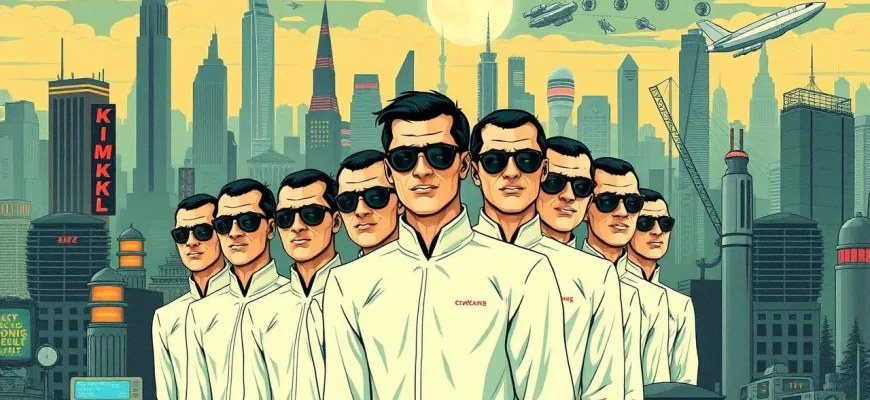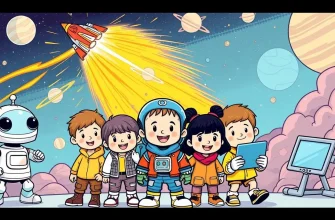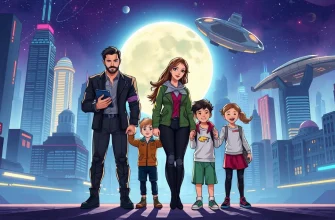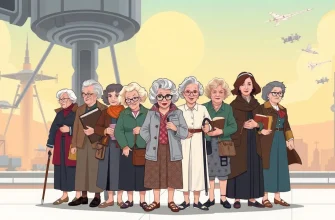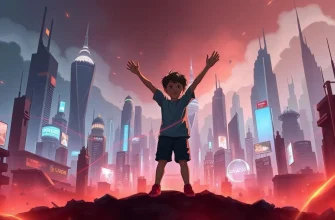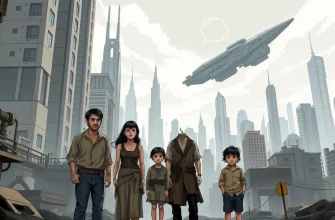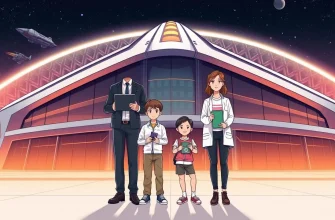Clones have long been a staple in science fiction, offering filmmakers a canvas to explore themes of identity, ethics, and the very essence of humanity. This curated list dives into ten films where cloning takes centre stage, providing viewers with not just entertainment but also food for thought. From dystopian futures to personal dramas, these films showcase the diverse ways in which cloning can be portrayed on screen, making for an intriguing watch for anyone fascinated by the possibilities and perils of genetic replication.
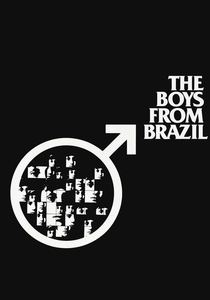
The Boys from Brazil (1978)
Description: This thriller involves a plot to clone Adolf Hitler, raising chilling questions about nature versus nurture and the potential for evil to be replicated.
Fact: The film was based on a novel by Ira Levin, who also wrote "Rosemary's Baby." Also, it was one of the first films to explore the concept of cloning in a mainstream context.
 Watch Now
Watch Now
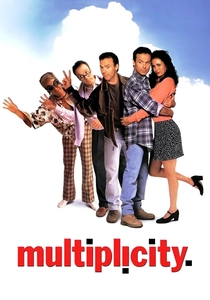
Multiplicity (1996)
Description: A light-hearted comedy where a man clones himself to manage his hectic life, only to find that each clone has its own quirks, leading to humorous chaos.
Fact: Michael Keaton played multiple roles, showcasing his versatility. Also, the film was one of the first to use digital cloning for a comedic effect.
 Watch Now
Watch Now
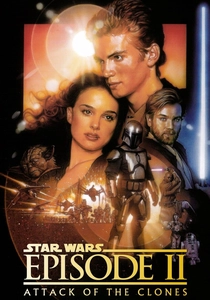
Star Wars: Episode II - Attack of the Clones (2002)
Description: This epic space opera introduces the concept of a clone army, exploring the ethical implications of mass-produced soldiers and the political machinations behind their creation.
Fact: The film introduced the character of Jango Fett, whose DNA was used to create the clone army. Also, the battle scenes were some of the largest ever filmed for a movie at that time.
 Watch Now
Watch Now
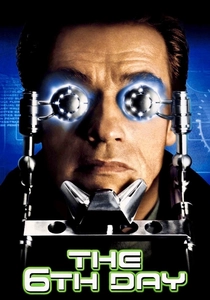
The 6th Day (2000)
Description: Arnold Schwarzenegger stars in this action-packed thriller where cloning is illegal, but a corporation secretly clones humans. The film raises questions about identity and the soul in a world where clones exist.
Fact: The film's title refers to the biblical creation story, where God rested on the 7th day, implying that man has taken over the role of creator. Also, the film was one of the first to use digital doubles extensively.
 Watch Now
Watch Now

The Island (2005)
Description: In a seemingly utopian facility, inhabitants are told they are survivors of a global catastrophe, but the truth is far more sinister. This film delves into the ethical quandaries of cloning for organ harvesting, making it a must-watch for our list.
Fact: The film's concept was inspired by a real-life lawsuit against a company that claimed to offer human cloning services. Also, the facility in the movie was designed to resemble a womb, symbolising the birth of the clones.
 Watch Now
Watch Now
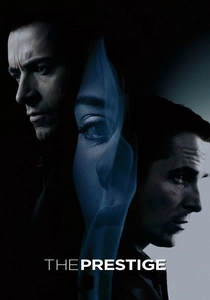
The Prestige (2006)
Description: While not solely about clones, this film features a magician who uses a cloning machine to perform his ultimate trick, exploring themes of obsession, sacrifice, and the cost of ambition.
Fact: The film was inspired by a real-life rivalry between two magicians in the 19th century. Also, the Tesla scenes were filmed at the actual site where Nikola Tesla conducted his experiments.
 Watch Now
Watch Now
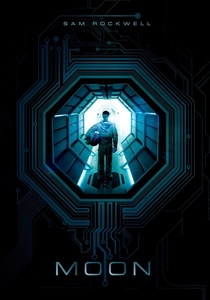
Moon (2009)
Description: Sam Rockwell stars as an astronaut on a solo lunar mission, only to discover he's not alone. This film explores the psychological impact of discovering one's own clone, offering a unique take on the theme.
Fact: The film was shot in just 33 days, and the entire set was built in a studio in Shepperton, England. Also, the film's director, Duncan Jones, is the son of David Bowie.
 Watch Now
Watch Now
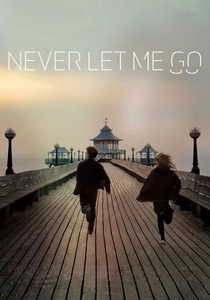
Never Let Me Go (2010)
Description: Based on Kazuo Ishiguro's novel, this film follows the lives of three friends at a secluded English boarding school, where they later discover they are clones created for organ donation. It's a poignant exploration of love and mortality.
Fact: The film was shot in various locations in England, including the picturesque Hailsham House, which was actually a private estate. Also, the film's director, Mark Romanek, is known for his music videos, including Michael Jackson's "Scream."
 Watch Now
Watch Now
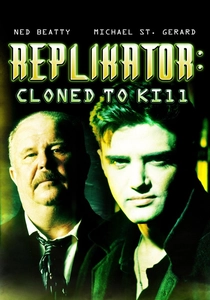
Replikator (1994)
Description: This lesser-known film involves a scientist who creates a machine to clone humans, leading to unexpected consequences and ethical dilemmas.
Fact: The film was shot in Canada, and its low budget adds to its cult status. Also, it explores the theme of cloning in a more grounded, realistic setting.
 Watch Now
Watch Now
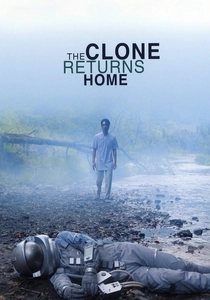
The Clone Returns Home (2008)
Description: A Japanese film where a scientist clones his deceased brother, leading to a poignant exploration of grief, identity, and the human soul.
Fact: The film was directed by Kanji Nakajima, known for his unique visual style. Also, it was one of the few films to explore the emotional impact of cloning from a deeply personal perspective.
 30 Days Free
30 Days Free

